PROTECT YOUR DNA WITH QUANTUM TECHNOLOGY
Orgo-Life the new way to the future Advertising by Adpathway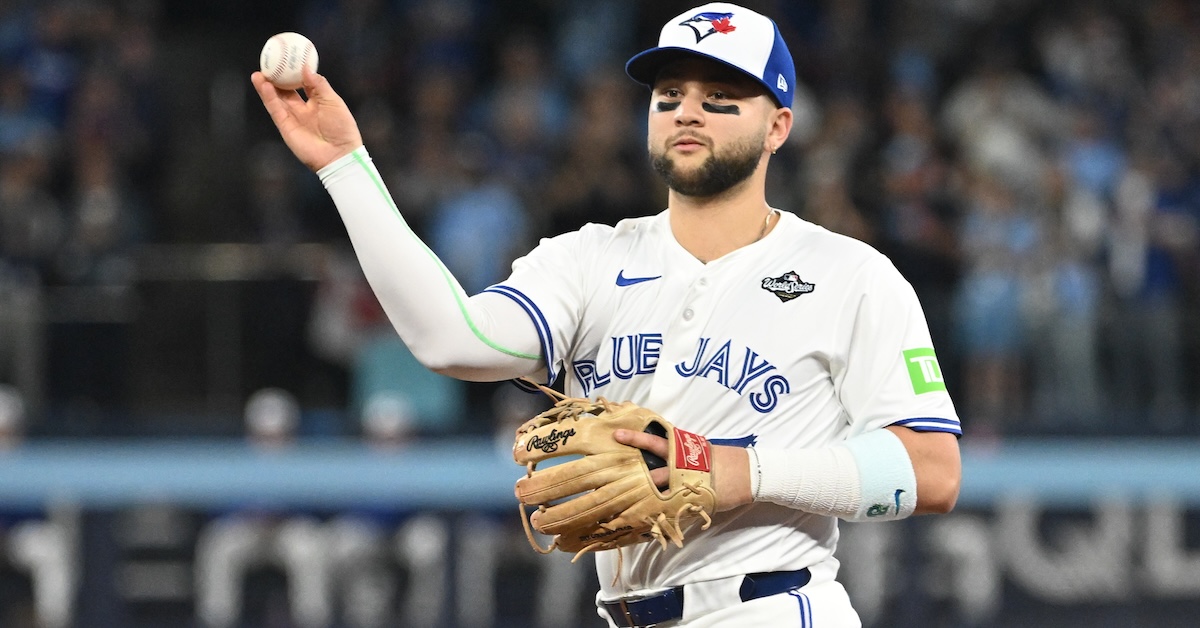 Dan Hamilton-Imagn Images
Dan Hamilton-Imagn ImagesWhen Bo Bichette sprained the posterior collateral ligament of his left knee on September 6 in a home plate collision with Yankees catcher Austin Wells, both the ramifications of his injury and the upcoming World Series were mere abstractions. Bichette remained in that game, postgame X-rays ruled out a fracture, and at the time a cut on his left shin appeared to be the worst of the damage he sustained. While the Blue Jays were not only atop the AL East at the time but also positioned as the league’s top seed, the team — as you’ve heard a million times by now — hadn’t played in a World Series since 1993, and hadn’t won a postseason game since 2016.
Seven weeks later, Toronto is matched up against the defending champion Dodgers, and after missing the final three weeks of the regular season and the Blue Jays’ first two playoff series, the 27-year-old Bichette has been shoehorned into the lineup, albeit under significant limitations. An experiment with him playing second base for the first time in six years has largely worked, and on Tuesday night, Bichette — slotted as the designated hitter with George Springer sidelined by “right side discomfort” following a violent swing in Game 3 — contributed a key hit in a 6-2 victory that helped the Jays rebound from their 18-inning loss the night before and even the World Series at two games apiece.
Bichette’s hit came during Toronto’s four-run seventh inning. Leading 2-1 thanks to Vladimir Guerrero Jr.’s third-inning homer off Shohei Ohtani, the Jays opened the seventh with a single by Daulton Varsho and a double by Ernie Clement, spelling the end of the two-way superstar’s night on the mound. Lefty Anthony Banda took over for Ohtani, allowed an RBI single to Andrés Giménez, collected a pair of outs that nonetheless brought home Clement with the Blue Jays’ fourth run, and intentionally walked Guerrero. To the chagrin of every Dodgers fan, manager Dave Roberts then called upon right-hander Blake Treinen, who entered having allowed 14 earned runs in 11 2/3 innings over the past seven weeks.
To that point in the game, Bichette had walked in the first inning, grounded out sharply in the third, and flied out to left field in the sixth, all against Ohtani; the two outs were hit hard, with exit velocities of 102.3 mph and 99.4 mph, respectively, but just at the wrong angles, launch and otherwise. After taking a strike on a sinker right over the plate, Bichette turned on a hanging sweeper on the inner edge, bashing it over left fielder Enrique Hernández’s head and short-hopping the outfield wall. Giménez scored easily, while Guerrero held at third. Bichette, who isn’t running at full speed these days, settled for a long single, his second in as many nights against Treinen. At 109.6 mph, it was his hardest-hit ball of the series thus far, as well as the hardest of the night for either team.
The base hit kept the line moving, as Addison Barger followed with a single that ran the lead to 6-1 before Treinen got the third out. Bichette grounded out to first base in his final plate appearance, but by then the Blue Jays had all the runs they would need, at least for the night.
So far, Bichette is hitting .364/.462/.364 through 13 plate appearances, a solid contribution even if he has yet to collect an extra-base hit, and a reminder of why the Blue Jays have juggled their lineup to find room for him even after defeating the Yankees and Mariners without him.
After a dismal 2024 season in which he hit .225/.277/.322 (70 wRC+) and was limited to 81 games due to a right calf strain and a fractured right middle finger, Bichette hit a robust .311/.357/.483 with 18 home runs this season. His 134 wRC+ ranked eighth in the AL and third on the Blue Jays behind Springer and Guerrero, while his 3.8 WAR ranked fourth on the team behind those two and Alejandro Kirk.
Bichette is a pending free agent, and while this is the fourth time in the past six seasons in which he’s helped the Blue Jays reach the playoffs, he hadn’t participated in a single postseason victory until Game 1 of the World Series. Hence the mix of caution and urgency with which the Blue Jays have handled the situation. They want to win, they want him to be part of that experience, and they don’t want to jeopardize his future — which could include a return to the only team he’s ever known — but that’s a matter for another day.
As to how they arrived at this point, the Blue Jays didn’t place Bichette on the 10-day injured list until September 9, after an MRI revealed his sprain. The following week, he went for a second opinion, which confirmed the diagnosis; the team ruled out any return during the regular season. Bichette’s recovery was so protracted that he wasn’t even cleared to run by the time the Blue Jays began the Division Series against the Yankees on October 4, so he was left off that roster. While he “made some huge progress” the following week with his running, he missed the cut for the ALCS against the Mariners as well.
During Bichette’s absence, the team experimented with Clement (who otherwise split his season between third and second base) and Giménez (who played second regularly but missed nine weeks due to a right quad strain and a left ankle sprain) at shortstop, with manager John Schneider eventually settling on the latter as the full-time replacement. By the metrics, this actually improved the weakest spot in the team’s otherwise-impressive defense, which ranked among the majors’ best. Bichette’s -13 DRS and -10 FRV both ranked dead last among shortstops this season, and while those numbers represented a major fall-off from the past two seasons, he’s been in similar territory before:
Bo Bichette Defensive Metrics at Shortstop
| 2022 | 157 | 1374 1/3 | -16 | -5 |
| 2023 | 130 | 1136 1/3 | 4 | -4 |
| 2024 | 81 | 684 1/3 | -3 | 0 |
| 2025 | 132 | 1139 | -12 | -10 |
Giménez — whose decorations for defensive play include a Platinum Glove and three Gold Gloves — was outstanding at second base (9 DRS and 7 FRV in 719 2/3 innings), and rated as average in 119 innings at shortstop, his first regular season work at the position since 2022 while with the Guardians. That’s not a big sample to go on, but it more or less tracks with expectations given his reputation. By Statcast’s metrics, Giménez ranked in the 97th percentile in range and the 47th percentile in arm strength among second basemen, whereas Bichette ranked in the first percentile in the former and the 36th percentile in the latter among shortstops.
Once the Blue Jays outlasted the Mariners in their epic seven-game series, Bichette proclaimed that he would be ready for the World Series. A few days later, on October 23 at Rogers Centre, he took grounders at second base, a position he hadn’t played professionally since a one-game cameo at Triple-A Buffalo in 2019; he spent nine games there at Double-A New Hampshire (under current manager Schneider) in 2018, and 20 at lower levels the previous two seasons.
As Bichette said during his media session prior to the World Series opener, the idea of playing second — which was occupied by Clement and Isiah Kiner-Falefa during the ALDS and ALCS — was something that he took to the team. “I brought it up. It was something that I felt like I could get ready for quicker than another position,” he said. “I just want to be ready to help the team in any way that is afforded to me, so that felt like an opportunity for me and, obviously, they were on board with it.”
Bichette said he spoke to several teammates about playing the position. “Luckily our team is full of a bunch of great defenders and guys who have played second base at a high level. I’ve talked to Ernie, Isiah, obviously Andrés,” he said. “I’ve definitely sought out everybody’s opinion on everything and just trying to be ready for any potential situation that maybe I’m not typically used to handling.” Bichette’s teammates, coaches, and manager can help him pick up some of the slack; both Giménez and Guerrero have been shaded a bit closer to him. “I think the positioning part of it plays a big component,” Schneider said.
While the Blue Jays could have opted to limit Bichette to DH duty, that would have forced Springer to play right field, where he was decidedly subpar in limited action in 2025 (-6 DRS and -6 FRV in 283 2/3 innings), a major step down from the likes of Barger, Nathan Lukes, and Myles Straw. That said, an inexperienced and less-than-100% Bichette at second is a step down from either Giménez or Clement (10 DRS and 4 FRV in 423 1/2 innings there) at the keystone.
Thus Bichette wound up making his major league debut at a new position in the World Series opener, and of course, the ball quickly found him. With two outs in the top of the first inning, Freddie Freeman hit a routine grounder about midway between first and second, where Bichette, who was positioned perfectly, fielded it and made an easy toss to first.
In the second inning, after Will Smith drew a leadoff walk, Bichette attempted to turn a double play. Teoscar Hernández hit a one-hopper to Giménez, who tossed to Bichette in time for the forceout, and while the new second baseman made a clean pivot to throw to first, Hernández ran fast enough to beat it out; two singles later, he scored the game’s first run.
Bichette’s only other defensive play in Game 1 was his most impressive of the night. In the third inning, with the Dodgers up 2-0 after Smith’s RBI single (Freeman was tagged out between second and third on the play but stayed in the rundown long enough for Smith to advance to second), Hernández smoked a 99.7-mph groundball just to the left of second base. Bichette ranged over, backhanded it, and while backpedaling made a strong, accurate throw to first — a play that saved a run.
“He was great,” said Clement afterwards. “He looked like a natural out there. That play to, one, keep the ball on the infield with a guy on second up the middle, and then to throw [the batter] out, it’s him trusting his instincts and just being a ballplayer at the end of the day. That’s a nice play.”
On the other side of the ball, in his first plate appearance of the postseason, Bichette followed a two-out Guerrero walk by slapping a Blake Snell changeup into right field, though the Blue Jays ended up leaving the bases loaded. He grounded into a 3-6-3 double play in the third, then helped spark the game-turning, nine-run rally in the sixth by drawing a leadoff walk; Kiner-Falefa replaced him as a pinch-runner and finished the game at second.
Mindful of not overtaxing the still-recovering star, Schneider held Bichette out of the Game 2 lineup in favor of Kiner-Falefa, “keeping in mind that he hasn’t played in seven weeks.” Bichette did pinch-hit for IKF with two outs in the seventh, grounding out to shortstop, and in the eighth was part of another unsuccessful double play attempt. With the bases loaded, Smith hit a slow grounder to Giménez, who bypassed a chance to throw home for a forceout but then made a long underhanded toss to Bichette at second. Freeman was out out at second, but the delay provided enough time for the catcher to beat the throw and for Ohtani to score the Dodgers’ fourth run.
Bichette’s Game 3 was something of a mixed bag. He singled off Tyler Glasnow to start the second, then got faked out by home plate umpire Mark Wegner’s slow — and incorrect — strike call on a 3-0 pitch to Varsho. He was caught standing still several steps from first base.
In the fourth inning, with Guerrerro again having walked, Bichette grounded to second baseman Tommy Edman; it should have been the start of a double play, but the ball glanced off Edman’s glove, and Bichette reached safely. Two batters later, Kirk clubbed a three-run homer to erase a 2-0 Dodgers lead. In the fifth, Bichette battled Glasnow for seven pitches before striking out looking at a four-seamer in the lower inside corner of the strike zone.
Bichette closed his night on a high note. With the score 4-4, two outs in the seventh, and Guerrero again on first, he battled for seven pitches before rocketing a 105-mph grounder down the right field line and into foul territory, where several chickens, goats, cameramen, and ballboys scurried out of the way. A closer look (in the second video below) shows that the ball grazed a cameraman’s leg before ricocheting so far from Hernández that Guerrero scored, though Bichette held at first.
The hit gave the Blue Jays the lead and once again ended Bichette’s night, as he was relieved by Kiner-Falefa, who went 0-for-4 at the plate the rest of the way while doing a lot more defensive work than Bichette, with six putouts and two assists compared to Bichette’s lone putout on an Andy Pages popup.
Coincidentally, shortly before Bichette’s Game 3 hit, Springer had to be removed mid-plate appearance after grabbing his right side following a swing. The Blue Jays haven’t revealed the severity of his injury, but they’ve kept him on the roster. Fortunately, in Bichette they have a ready replacement. Their Game 4 victory means that the series will head back to Toronto, buying both Springer and Bichette more time to recover from their ailments and to contribute toward ending the Blue Jays’ championship drought.


 23 hours ago
4
23 hours ago
4
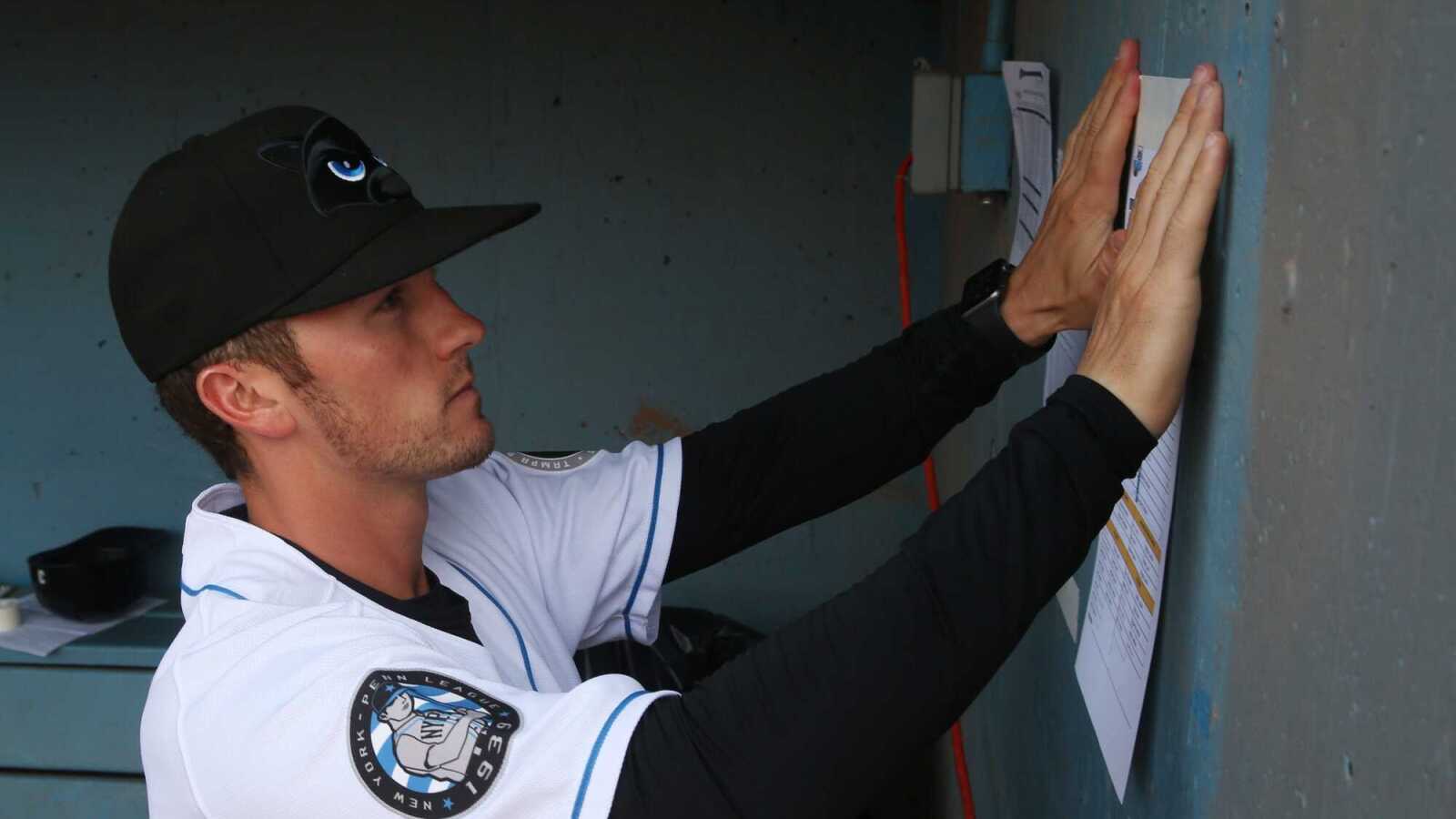

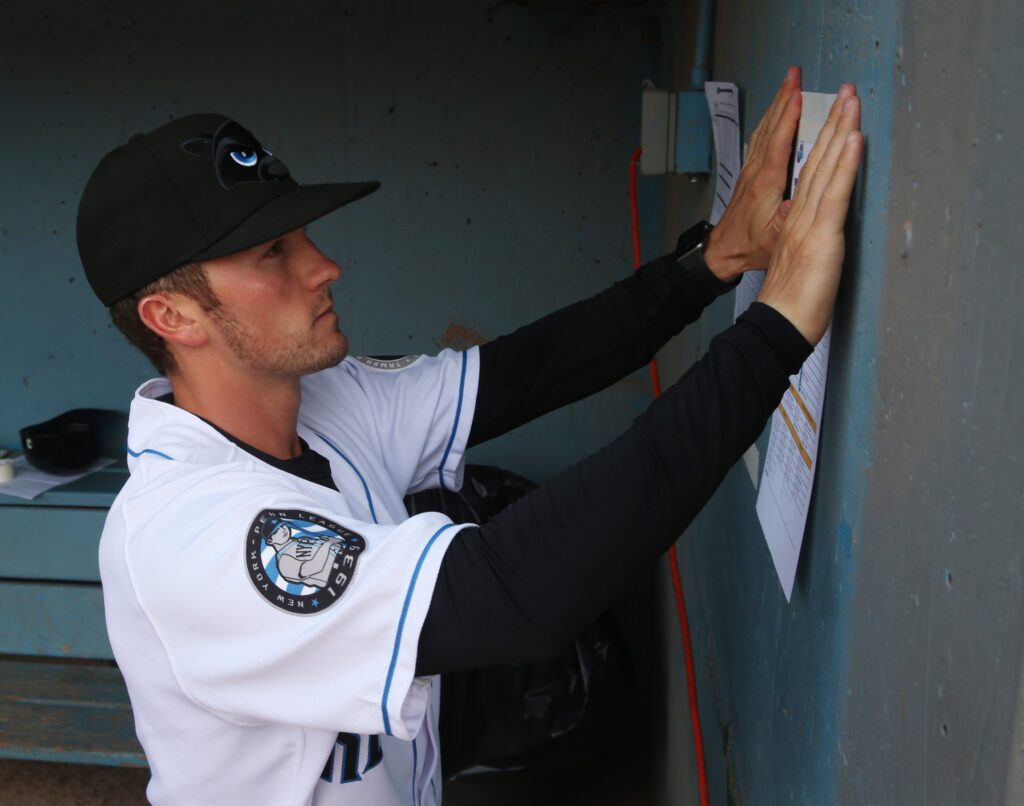
![[Passan] BREAKING: The Washington Nationals are finalizing a deal to hire Blake Butera as manager, sources tell ESPN. Butera, 33, will be the youngest manager in MLB in more than 50 years. In four seasons as a minor league manager in the Rays organization, his teams had a 258-144 record.](https://external-preview.redd.it/EsNqB48o34Tz6BuwjLpDYSBVhS_qZXVDzkIHp08vcHI.png?width=640&crop=smart&auto=webp&s=f7faea5d3070e891d2ffcfec277d1403e7d801ea)
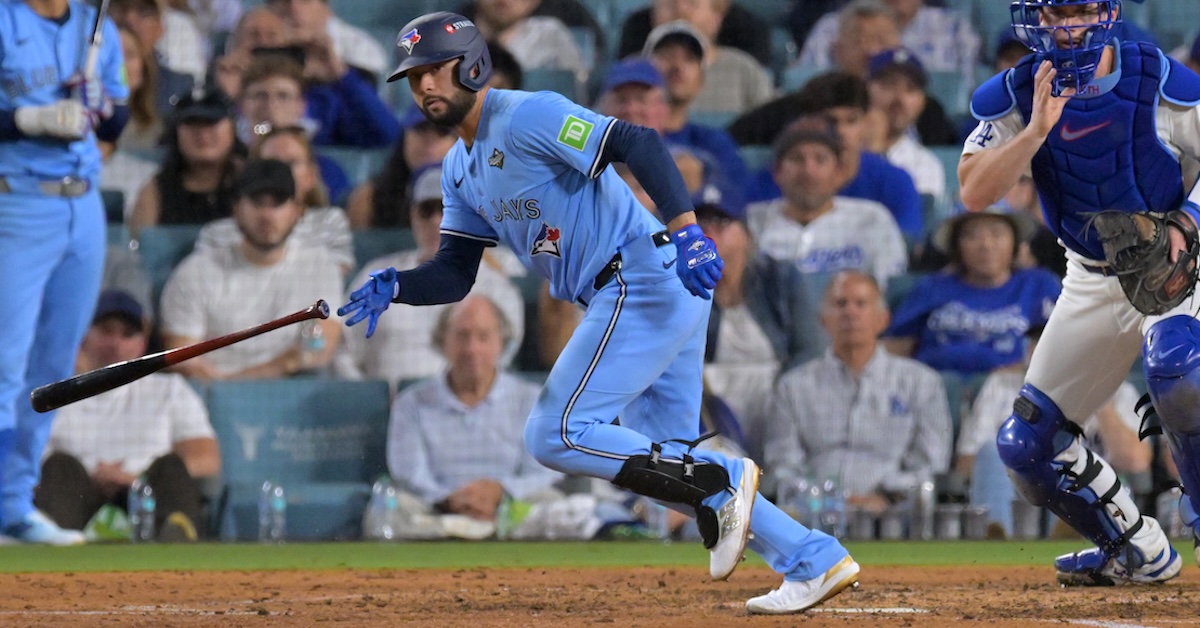
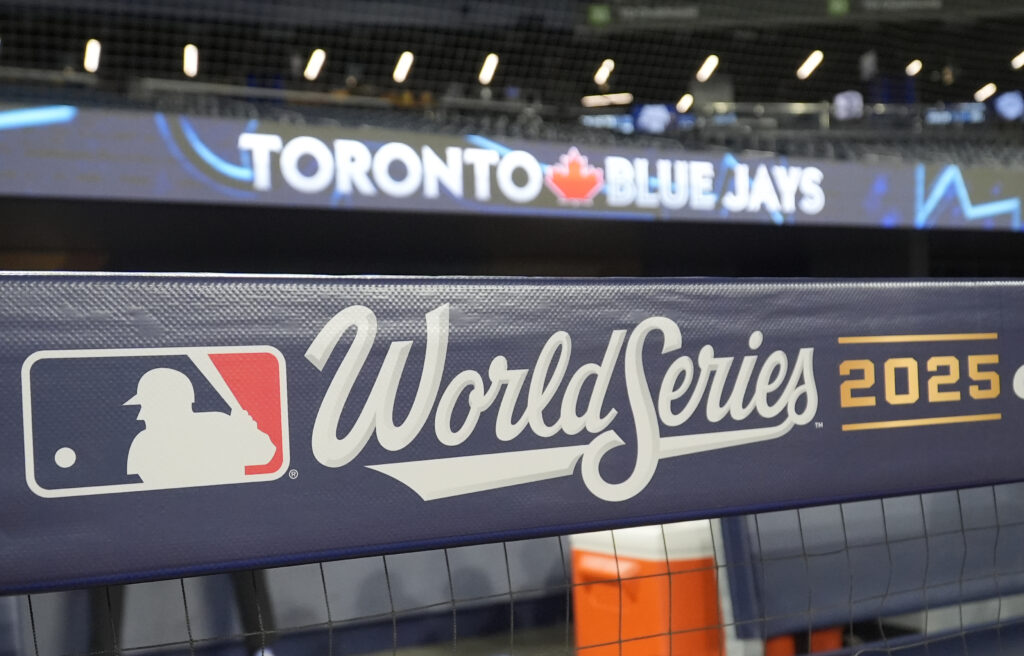


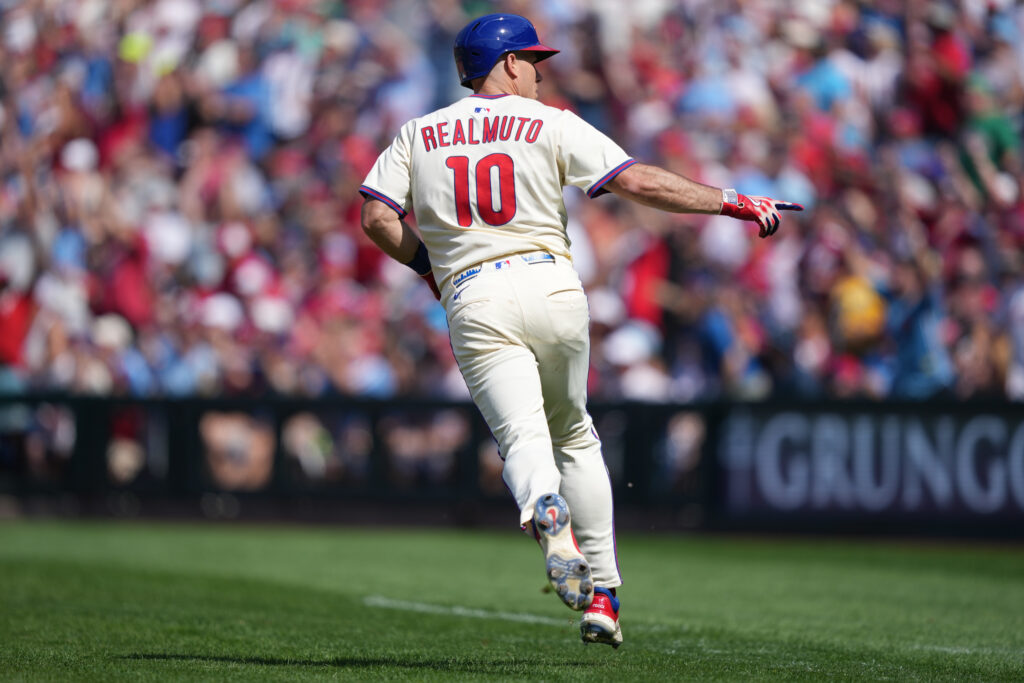
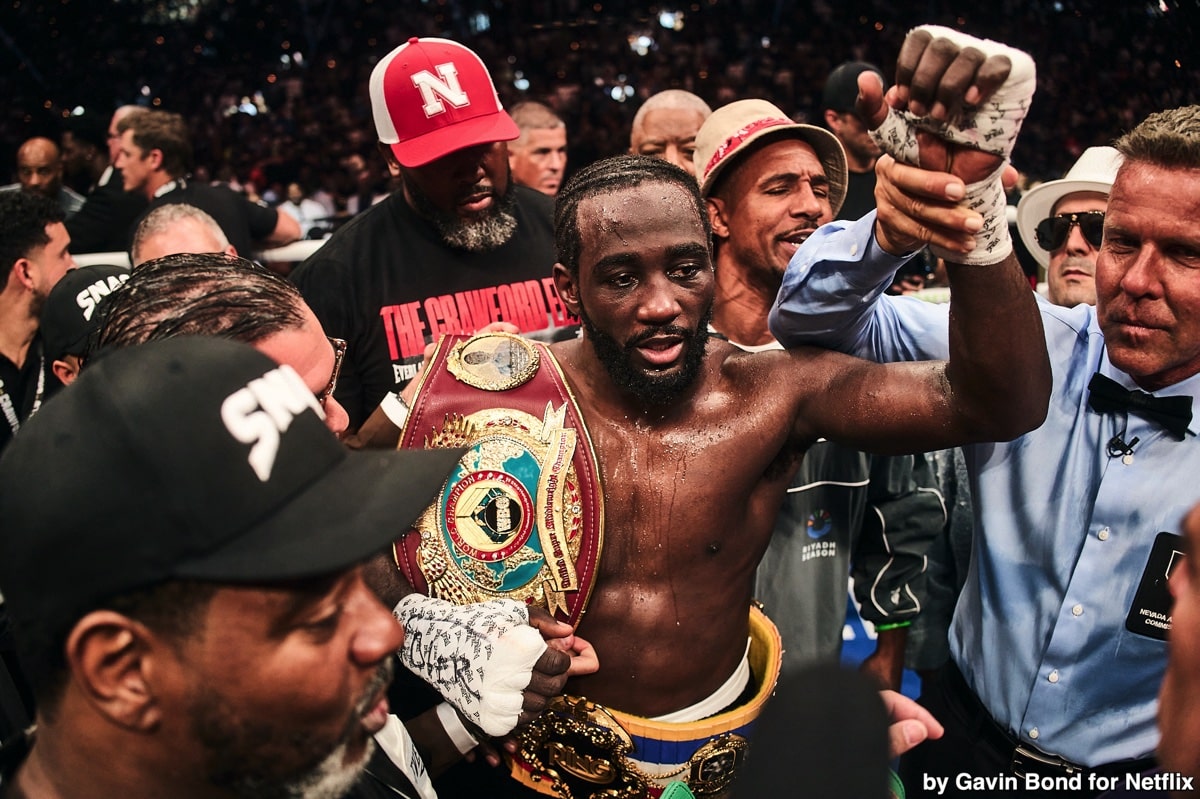
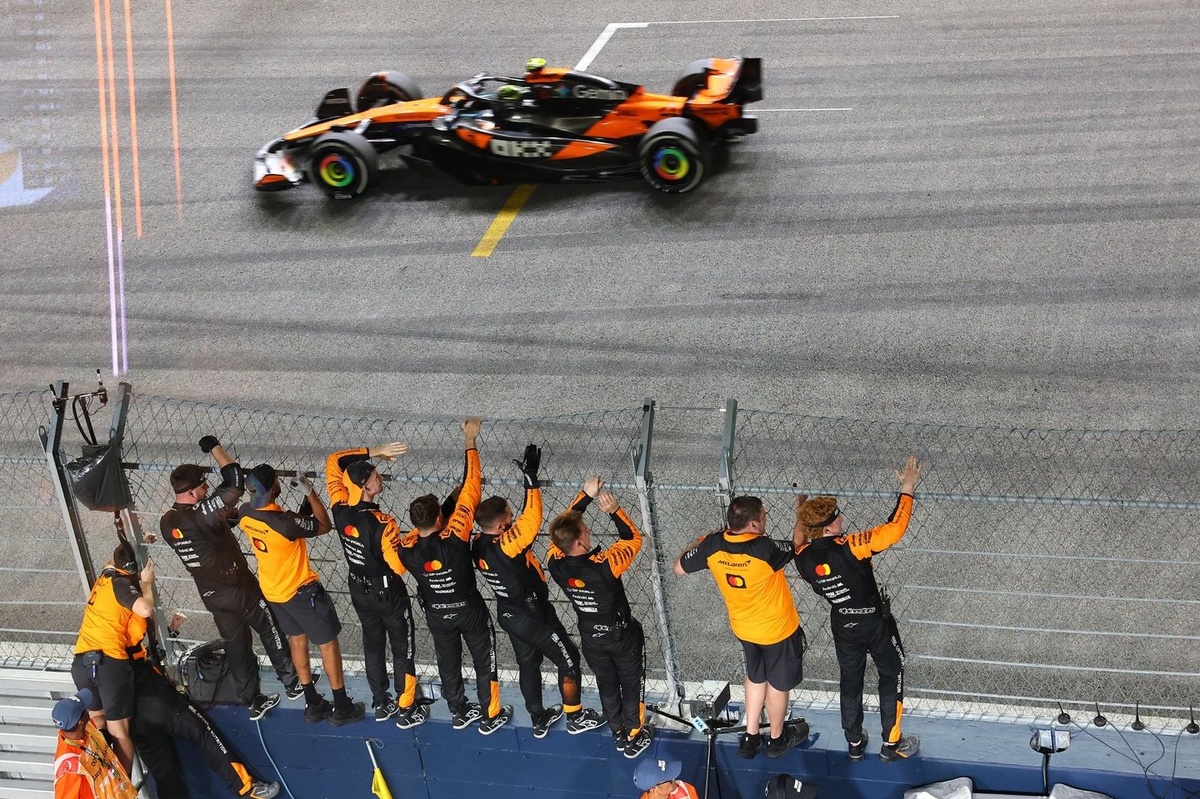
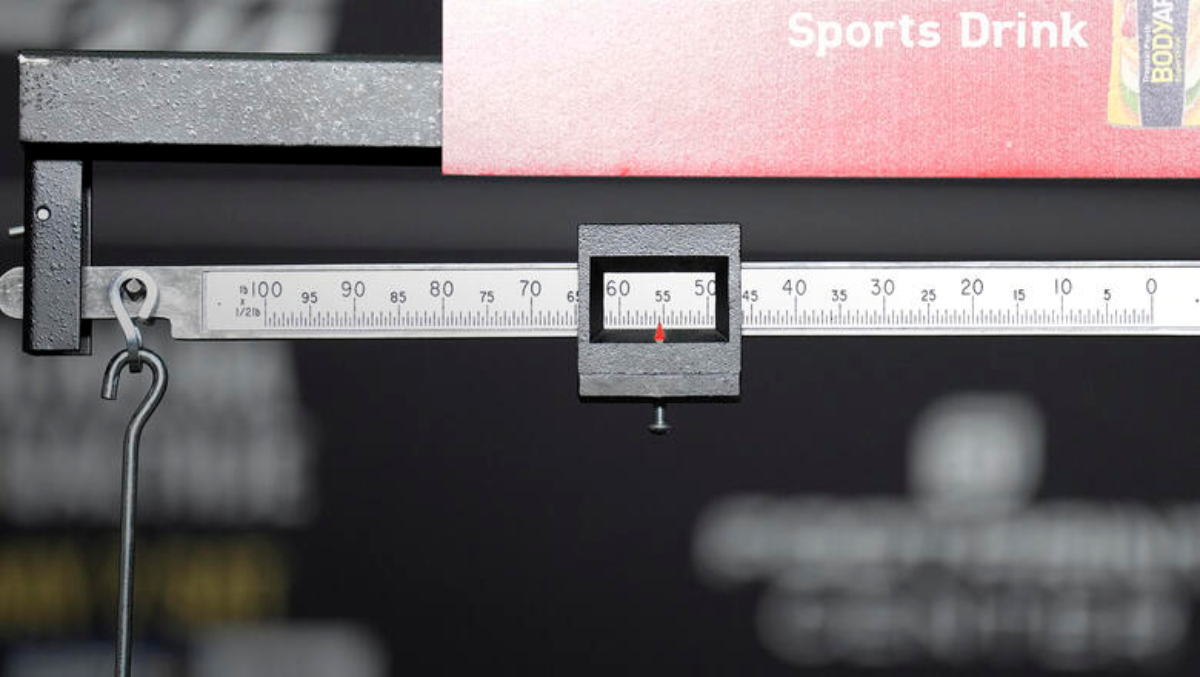
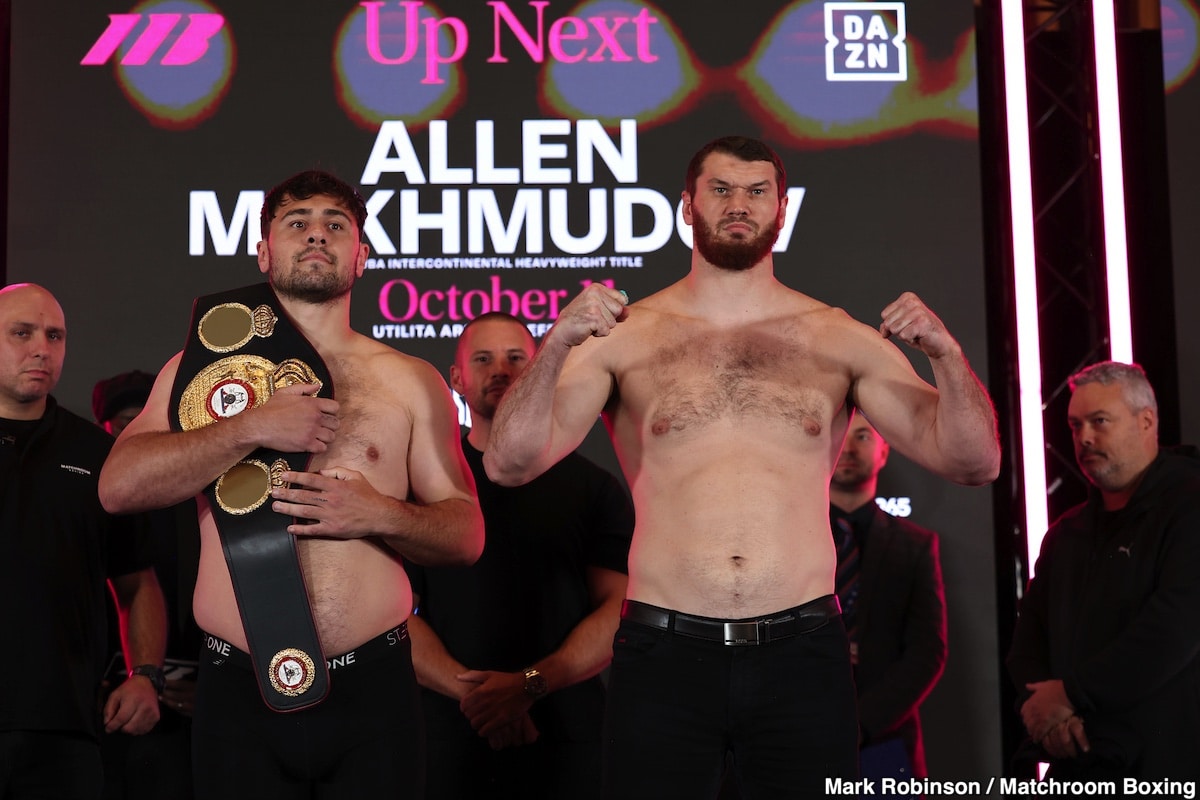
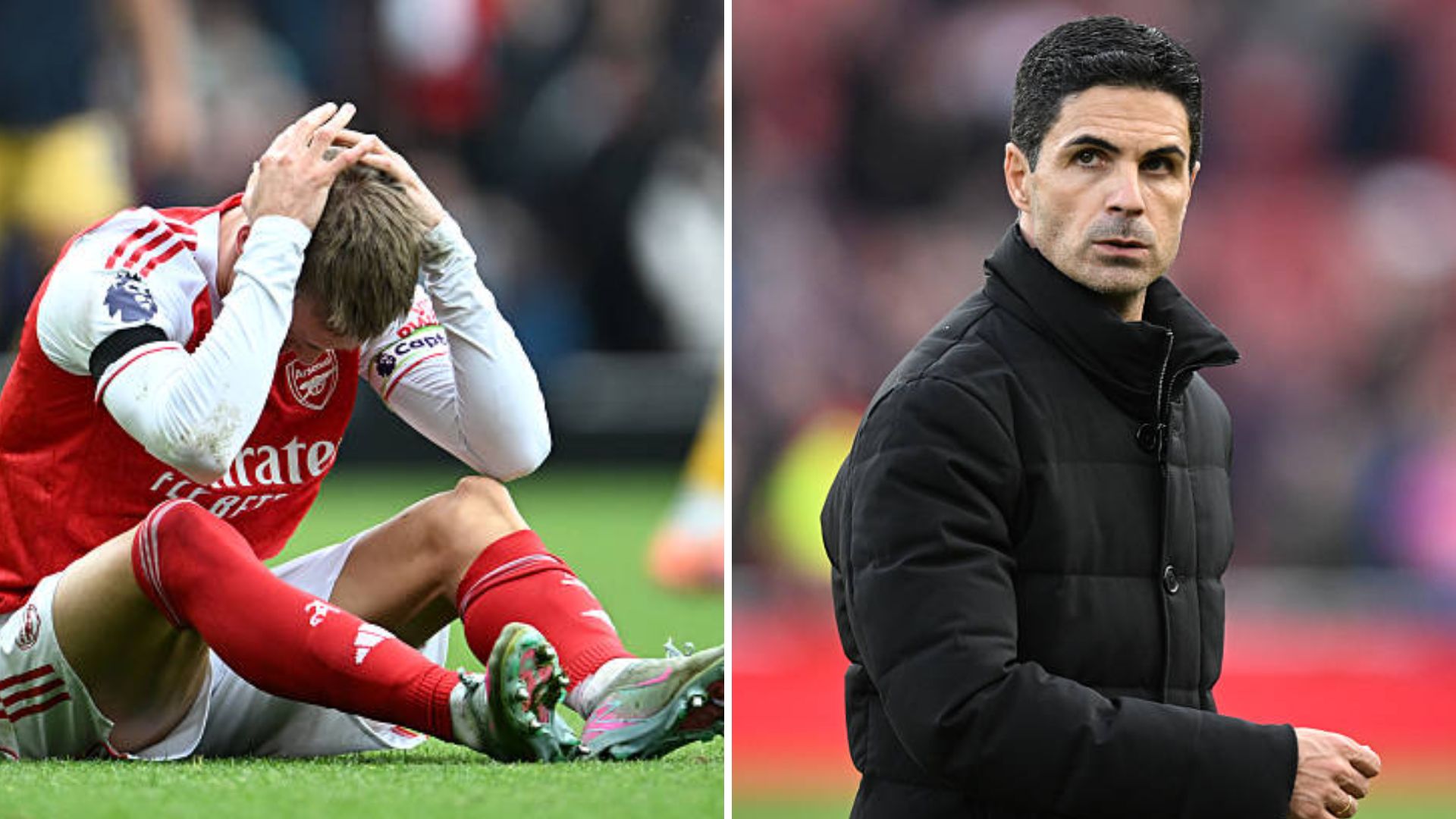
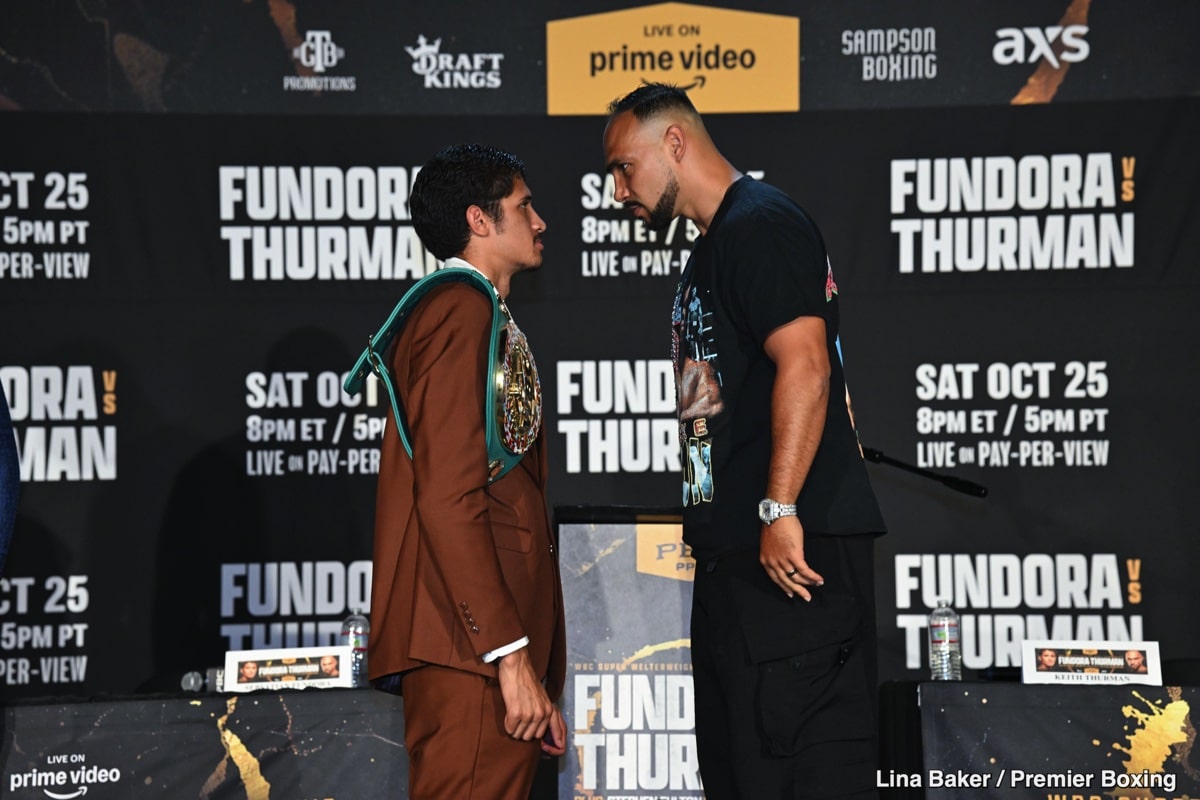


 English (US) ·
English (US) ·  French (CA) ·
French (CA) ·